Do you feel passionate about speaking up for special education students and the teachers who support them?
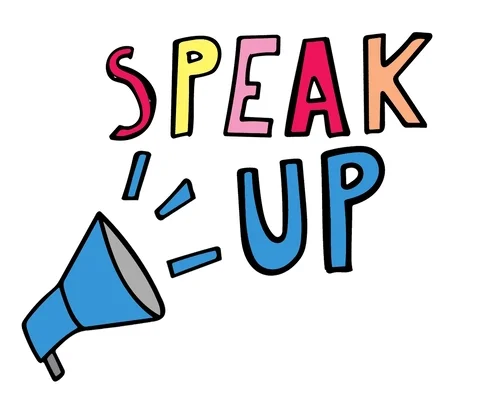 A special education coordinator (sometimes called SPED coordinator or program specialist) oversees special education services in a school or district.
A special education coordinator (sometimes called SPED coordinator or program specialist) oversees special education services in a school or district.

Standing up for special education students and educators isn’t just about advocacy, it’s about creating a world where every learner has the chance to succeed. The question is: how will you use your voice?
What Would I be Responsible for?
A special education coordinator is responsible for many tasks, such as:
In the United States, ensuring compliance with regulations such as the Individuals with Disabilities Education Act (IDEA). Section 504, and state regulations
Supporting teachers in developing and implementing Individualized Education Programs (IEPs)
Training and coaching staff
Communicating with families, administrators, and service providers
Managing scheduling, data collection, and reporting
 Photo by Brooke Lark on Unsplash
Photo by Brooke Lark on UnsplashQuiz
Which of the following is a responsibility of a special education coordinator?
What Skills Would I Need?
Leadership: Being a leader means working with teachers, helping parents, and teaming up with principals to support students.
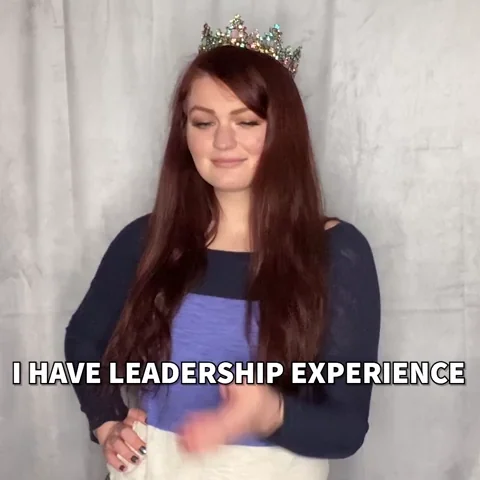
Knowledge: You need to understand the rules and rights in special education, like IEPs and laws that make sure every student gets the support they need.
Communication: Good communication means talking and listening in a clear and supportive way with both families and school staff.
Problem-solving & conflict resolution: Problem-solving means helping parents and schools work through disagreements to find the best solution for students.
Organization and time management: Organization and time management means keeping track of paperwork, meetings, and helping staff without getting overwhelmed.
What Requirements Would I Need?
Being a special education coordinator typically requires a teaching credential in special education and often a master’s degree in special education, educational leadership, or a related field.
You may need several years of classroom teaching experience in special education.

Depending on your state, you may be required to have an administrative credential or licensure.
Which of these candidates is the best fit for the role of a special education coordinator?
 Photo by Christian Buehner on Unsplash
Photo by Christian Buehner on UnsplashAlex has been teaching in general education for 2 years and brings strong classroom management skills to the table. He’s confident in guiding students through academic standards and creating an organized learning environment. While he doesn’t have experience with IEPs or special education law yet, he’s eager to learn and grow in that area.
 Photo by Christopher Campbell on Unsplash
Photo by Christopher Campbell on UnsplashRiley has 6 years of experience teaching and holds a Master’s in Special Education with a focus on educational leadership. She knows special education laws inside and out and is great at coaching and supporting staff to use best practices in the classroom.
 Photo by Luis Villasmil on Unsplash
Photo by Luis Villasmil on UnsplashTaylor has 7 years of experience teaching special education and really knows how to tailor instruction to meet each student’s needs. She’s passionate about supporting her students, though she’s still working on staying on top of scheduling, data tracking, and meeting deadlines.
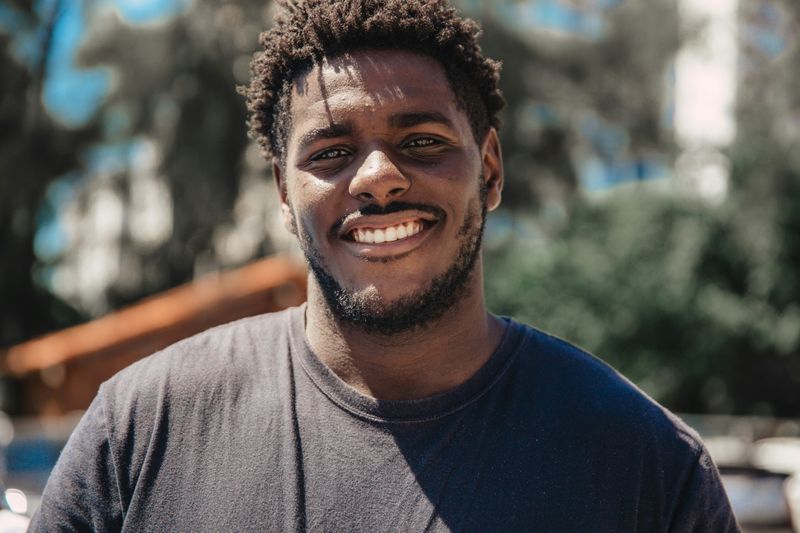 Photo by Elizeu Dias on Unsplash
Photo by Elizeu Dias on UnsplashJordan has 5 years of experience as a special education teacher and knows his way around IEPs and student interventions. He’s still developing skills in staff coaching, handling conflicts, and communicating with families, and tends to steer clear of administrative tasks.
Quiz
Who is the best canidiate for a Special Education Coordinator role?
What are the Pros and Cons?
Pros to being a special education coordinator:
Broader impact on student success across multiple classrooms
Leadership opportunities and career advancement
Chance to mentor and support other educators
Job security! (strong demand in most districts)
The joy of knowing you are making a difference in someone's life
Average salary: $66,751 per year, or $32 per hour, with top earners making up to $102,860 annually in the United States

Cons to being a special education coordinator:
Heavy paperwork and compliance monitoring
Managing conflicts with families or staff
Balancing administrative tasks vs. time in classrooms
Stress from high accountability and limited resources
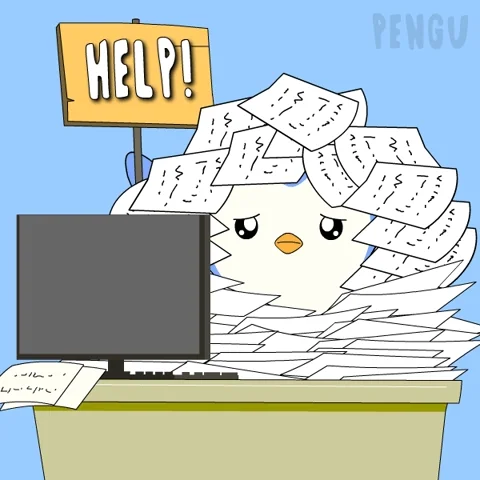
Take Action
If you enjoy helping teachers, supporting students, and leading change, a special education coordinator role might be a great fit for you!
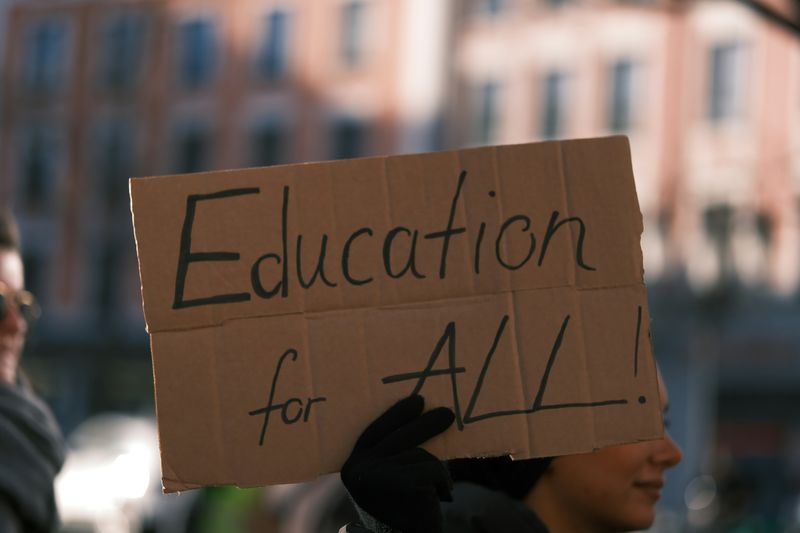 Photo by Nk Ni on Unsplash
Photo by Nk Ni on UnsplashTake these next steps:
Your feedback matters to us.
This Byte helped me better understand the topic.
